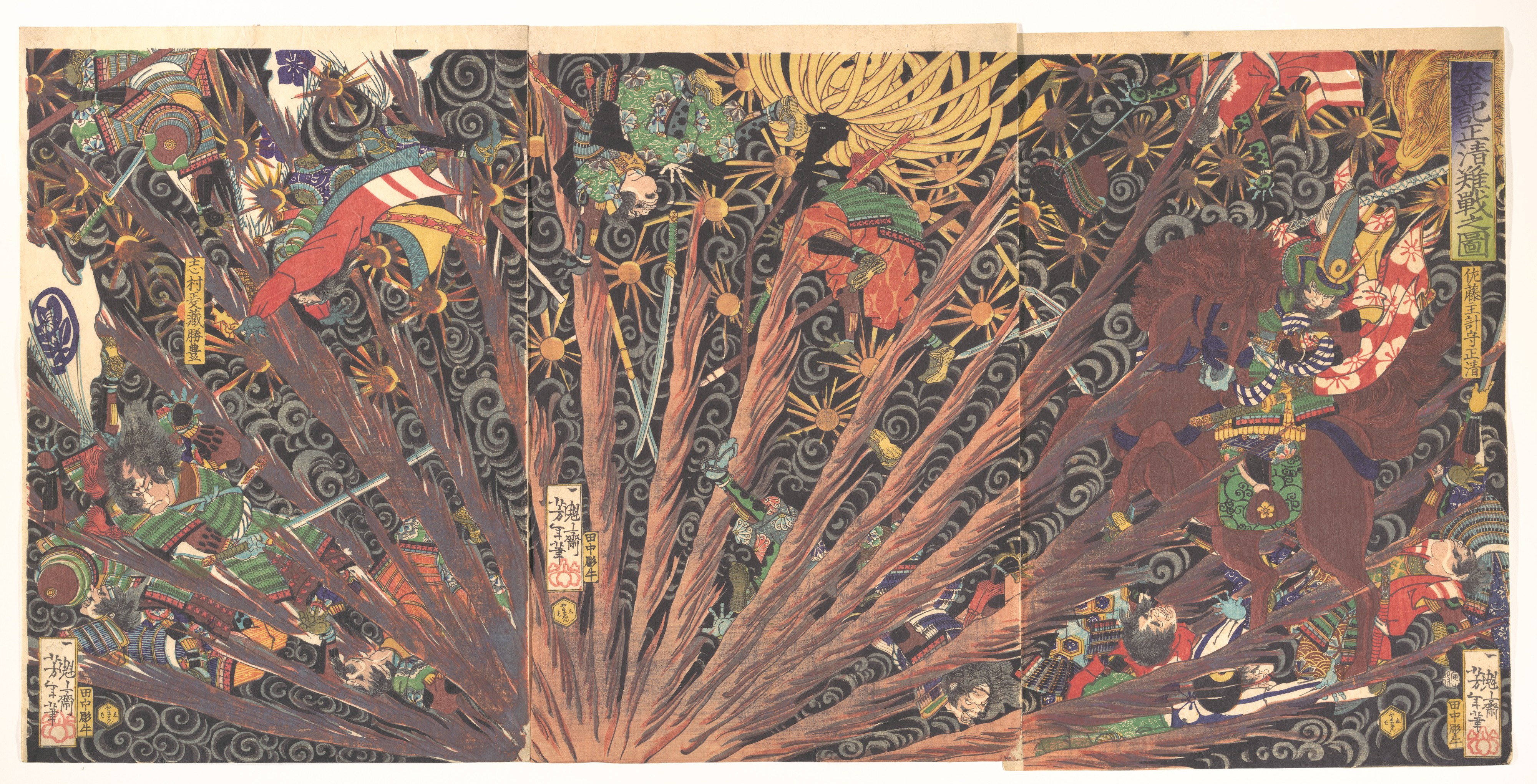Arts and Archetypes - eskerthebreton/thrum GitHub Wiki
| Previous: Character Attributes | Next: Combat |
|---|

The THRUM: Remains does not have character classes; instead characters mix and match traits and abilities by selecting two Archetype Traits, one capturing their broad playstyle in combat and one capturing their broad narrative archetype, and Training and selecting Abilities from among nine Utility Arts and nine Combat Arts.
The special actions characters take during play are organized into Combat Arts for use during violent conflict, and Utility Arts, used the rest of the time.
Each Utility Art lists a Proactive and Reactive attribute, both of which combine with the character's Training Level in the Art to determine the modifier added to rolls using that Art. In addition, special abilities are selected within each Art over the course of a character's career. These are unlocked by Training in the Art.
Combat Arts are linked to a Primary Attribute, which is one of the three offensive attributes. The Primary Attribute, alongside the Training Level in the Art, influences rolls using abilities with that Art. Each Combat Art also lists a Main Defense, corresponding to one of the three defensive attributes. This designation is a guideline intended to capture the prototypical playstyle of a character focusing primarily on that art, though unlike with the Reactive Attributes for Utility Arts, there is not a specific mechanical effect of the correspondence between Art and Main Defense (instead, the defense attributes provide general benefits for staying on one's feet).
Like Combat Arts, the Utility Arts also have a primary and secondary Specific Attribute associated with them. These are listed here.
| Art | Proactive Attribute | Reactive Attribute | Function |
|---|---|---|---|
| Struction | POW | END | Creation, repair and destruction of static structures such as buildings and fortifications |
| Craft | FIN | END | Creation, repair, and use of portable items; fine motor control |
| Research | REA | END | Obtaining archival information and synthesizing new knowledge |
| Athletics | POW | REF | Feats of physical prowess such jumping long distances, maintaining poise; gross motor control |
| Stealth | FIN | REF | Moving without being detected, blending in to a crowd |
| Problem-Solving | REA | REF | Piecing together evidence, solving puzzles |
| Leadership | POW | FOC | Rallying groups to a cause or intimidating them into submission |
| Influence | FIN | FOC | Persuading or deceiving individuals by argument and/or performance |
| Reconnaissance | REA | FOC | Gathering information through direct observation |
The nine combat arts are listed here along with their primary and secondary associated Specific Attributes power profiles, and signature mechanics.
| Art | Primary | Main Defense | Damage | Defense | Flexibility | Control | Signature |
|---|---|---|---|---|---|---|---|
| Brawling | POW | END | Moderate | High | Low | Moderate | Movement Restriction, Resisting Damage and Physical Statuses |
| Dueling | FIN | END | High | Moderate | Low | Low | Counterattacks, Debuffs to Enemy Defense |
| Infusion | REA | END | Moderate | Moderate | High | Moderate | Inflicting Statuses, Adaptability |
| Archery | POW | REF | Mid-High | Moderate | High | Low | Range |
| Ninjutsu | FIN | REF | Mid-High | Moderate | Moderate | Moderate | Mobility, Damage Build Up |
| Kineticism | REA | REF | Low | Low | High | High | Terrain Effects, Triggered Movement Manipulation |
| Animism | POW | FOC | Low | High | Moderate | Moderate | Buffs, Healing, Summoning |
| Mesmerism | FIN | FOC | Low-Mid | Moderate | Moderate | Mid-High | Targeted Movement Manipulation, Redirection |
| Elementalism | REA | FOC | High | Low | Moderate | Moderate | Terrain Effects, Area of Effect Damage |
The modifier used when making a roll associated with a Combat or Utility Art is determined by three terms: the modifier for the Art's Primary Attribute, which contributes its full value, the modifier for the Art's Secondary Attribute, which contributes half its value rounded down, and the character's Training Level in the Art, which contributes half its value rounded down.
| Previous: Character Attributes | Next: Combat |
|---|